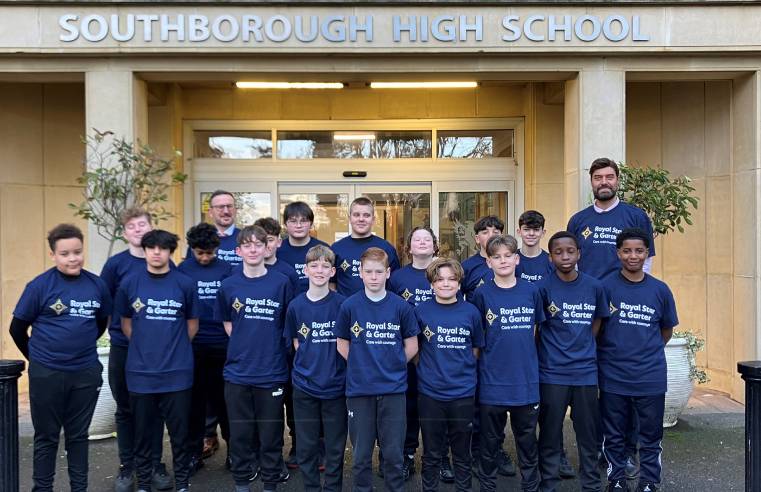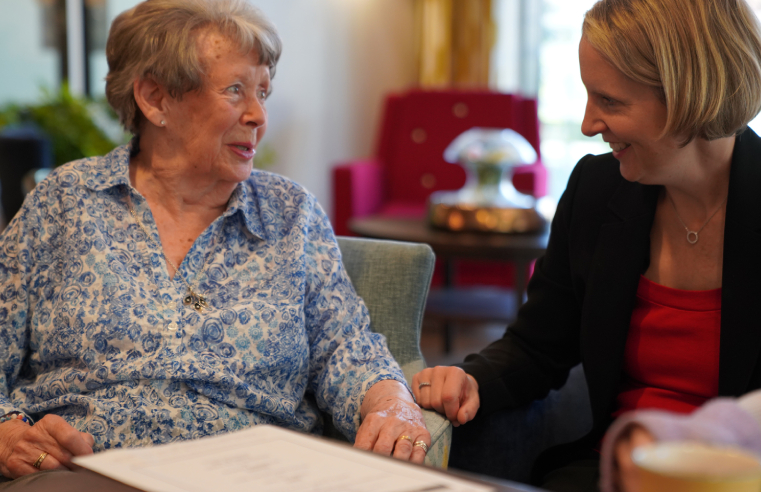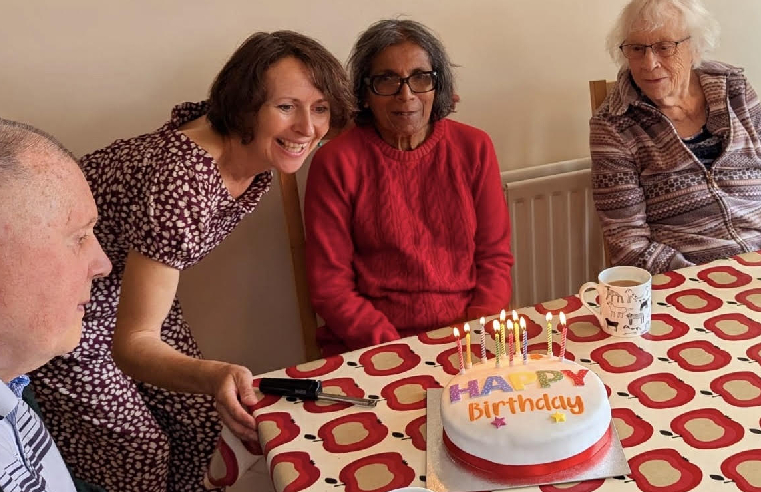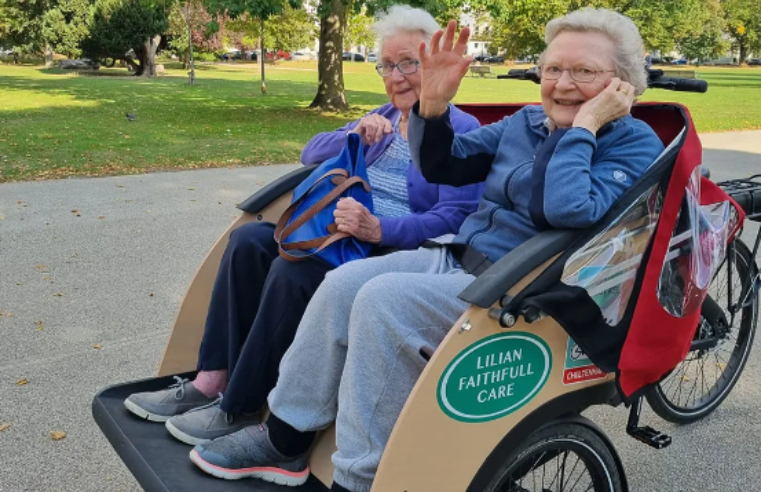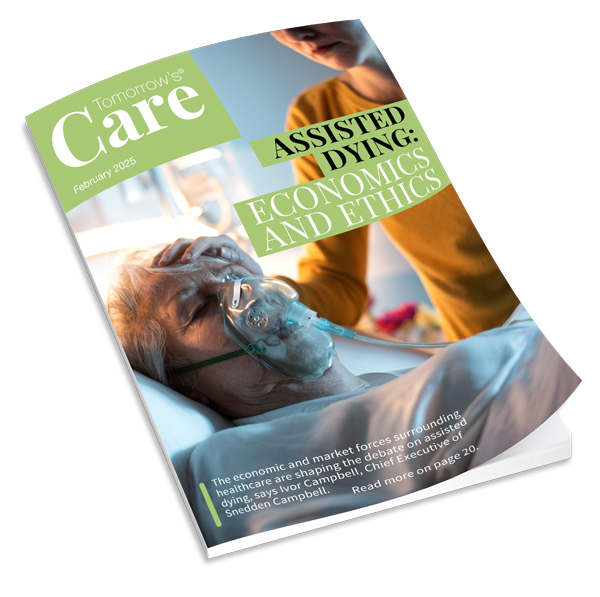Almost twice as many women aged 65 and over say that feelings of loneliness were the thing they found most difficult following bereavement, compared to men of the same age (30% versus 17% respectively), a survey from Independent Age has shown.
Meanwhile, 20% of people aged 65 and over who have been bereaved for three or more years still have feelings of loneliness.
In light of these statistics the charity for older people have launched a free advice guide called Coping with bereavement: Living with grief and loss in a bid to provide support for those experiencing loneliness following the loss of a loved one.
The poll of 2,014 bereaved adults aged 65 and over in the UK found that more than half of respondents experienced feelings of loneliness after being bereaved, for an average of eight months.
The survey showed that those aged 81-85 suffered from feelings of loneliness for an average of one year.
More than one in four respondents did not turn to anyone for emotional or practical support following the death of a family member.
The survey reveals that older men appear to be less likely than women to speak to people following a bereavement, with more than half of women agreeing that speaking to friends helped them deal with grief, whereas only around one in three men felt that speaking to friends helped.
One in eleven (9%) older people said that nothing at all helped.
The poll findings reveal that talking about death continues to be a difficult issue with more than three in five (61%) bereaved people aged 65 and over not talking to the person who died about their wishes for after their death.
One respondent advised: “Do what comes naturally, remembering that there will be good and bad days. There is no such thing as a grieve-by date”.
Janet Morrison, Chief Executive of Independent Age, said: “The poll shows the stark difference in the way that men and women deal with grief. Although women talk more to friends and family about how they’re feeling, they still report greater feelings of loneliness. We know that it’s really important to open up about the death of a loved one and not keep things bottled up or try to remain stoic.
“Everyone deals with grief in their own way and for some people feelings of grief will never completely go away: there’s no one way or set amount of time to grieve, but we would urge older people to reach out for help and support if they need it.”
Independent Age’s bereavement guide provides information and advice on topics such as how you might be feeling, the physical effects of grief, what to expect after the funeral, and where to go for help and emotional support.
Bereaved older women struggle with loneliness more than older men, Independent Age survey reveals

Published on 06/07/2016
Related News
Categories
- CQC ratings
- Care home news
- Care jobs
- Care planning
- Care sector awards
- Care sector events
- Care sector news
- Care staff
- Charity
- Cleaning & Hygiene
- Construction
- Dementia
- Disability
- Entertainment
- Finance
- Fitness
- Food & Drink
- Fundraising
- Furniture
- Health & Safety
- Healthcare
- Hospice & Palliative Care
- Hospitals
- Industry Comment
- Interiors
- Laundry
- Legal
- Leisure
- Medication
- Mental Health
- Mobility
- New appointments
- PPE
- Products
- Property
- Recruitment
- Relationships
- Research
- Safeguarding
- Security
- Services
- Social care
- Sustainability
- Technology
- Training
- Transport
- Uniforms
- Waste
- Wearables






